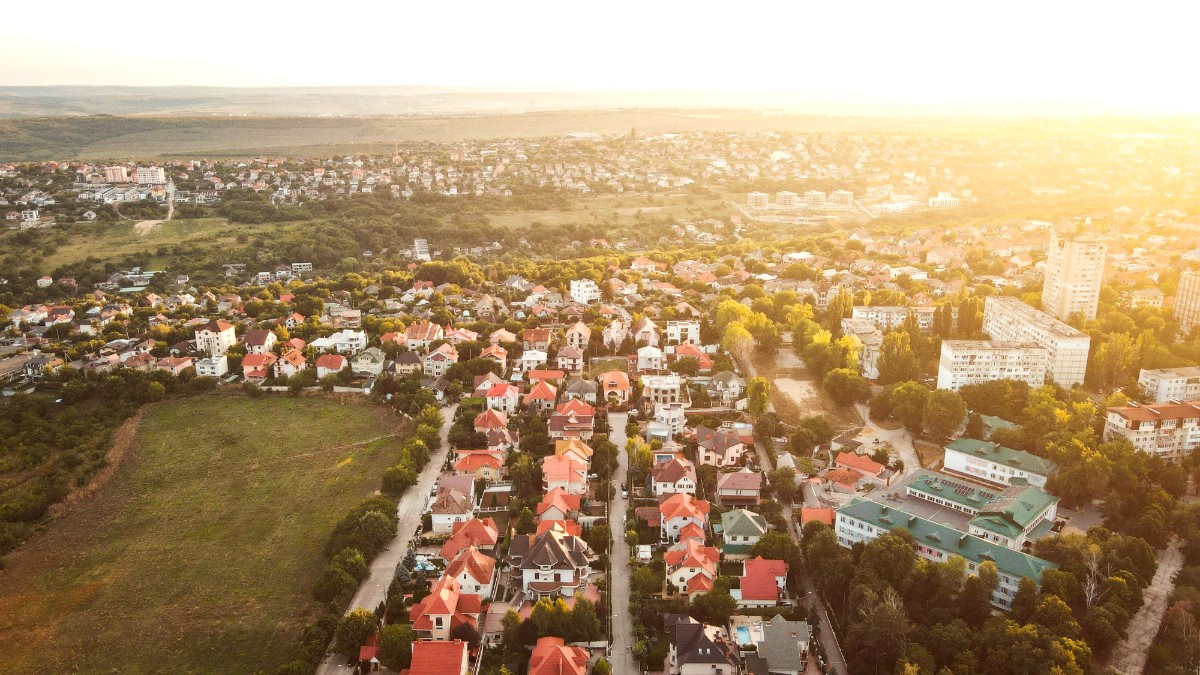
Moldova
Moldovan cuisine draws from a rich agricultural heritage, with strong ties to Romanian, Ukrainian, Russian, and Turkish gastronomies. This blend creates a cuisine that feels both familiar and distinct.
Fresh, seasonal, locally sourced ingredients are central. Meals often embody hospitality and generosity, reflecting a culture that values shared food and drink.
Meals are hearty and for sharing. Hosts typically present ample food and drink to guests.
Common to offer a toast, often with wine or țuică (plum brandy), before drinking. Making eye contact is polite.
Say "Poftă bună!" (Bon appétit) before starting a meal. Keep hands visible above the table.
A cornmeal staple, similar to polenta. Served with brânză, tocană (stew), or friptură (fried meat).
A versatile side dish.
Cabbage rolls (or vine leaves) filled with minced meat and rice, simmered in tomato sauce. Served with sour cream.
A comforting, savory flavor.
Grilled skinless sausages (pork, beef, lamb) seasoned with garlic and herbs. Popular street food.
Known for their juicy texture.
Moldova is a significant wine producer; try local varietals. Țuică (plum brandy) and Divin (Moldovan brandy) are traditional spirits.
Colțunași (dumplings with sweet cheese/cherries), Baba Neagră / Baba Albă (dense cakes), Cozonac (sweet enriched bread for holidays).
Upscale restaurants offering modern twists on Moldovan and European cuisine with elegant ambiances.
Good quality food at accessible prices, suitable for casual dining and families.
Local experience and inexpensive, satisfying meals for those on the go.
Chisinau has a selection of international restaurants, including Italian, Japanese (sushi), Turkish, and Ukrainian cuisine.
A variety if you desire a break from traditional Moldovan food.
A must-visit for local produce, dairy, meats, and prepared snacks. Easily spend an hour or two exploring its aisles.
A fantastic place for a local experience.
Specializes in Gagauz cuisine, unique flavors from Moldova's Turkic minority.
Compot: refreshing non-alcoholic fruit drink. Kvass: traditional fermented rye bread beverage.
Specific dishes like Pască (Easter bread) and Cozonac (Christmas bread).
5-10% for good service is appreciated. Some restaurants include a service charge.
Awareness is developing but not widespread. Travelers with severe allergies approach with extreme caution.
Carrying translation cards for dietary restrictions is advisable.
Limited. Dedicated kosher establishments are rare. Halal food is scarce outside of specific Turkish or Middle Eastern restaurants.
Research options thoroughly in advance.
Beyond dining, Chisinau offers opportunities to immerse yourself in Moldova's food and wine culture. These experiences present insights into local traditions.
Check local event calendars. The National Wine Day (early October) is a major annual event, celebrating Moldovan wine with tastings, food, and cultural performances.
Some local tour operators or guesthouses offer classes on preparing traditional Moldovan dishes like plăcintă or sarmale.
Available at many wineries and specialized wine shops in Chisinau. Explore Moldovan viticulture and grape varietals.
Explore local markets and hidden culinary gems. Farm visits are possible as part of agrotourism tours.
Engaging with locals using basic Romanian phrases (even a few words) shows respect.
This can open doors to friendly interactions.
Community-based tourism initiatives, especially in rural areas, offer authentic insights into Moldovan village life.
These directly support local communities.
Several wineries like Cricova, Mileștii Mici, and Castel Mimi offer dining experiences within their vast underground cellars.
These experiences often couple traditional Moldovan dishes with expertly chosen wine pairings for a complete gastronomic journey.
Many of these winery restaurants emphasize fresh, local ingredients, reflecting Moldova's agricultural heritage.
Exploring Chisinau's food scene is a journey into Moldovan culture. Approach with an open mind to new flavors.